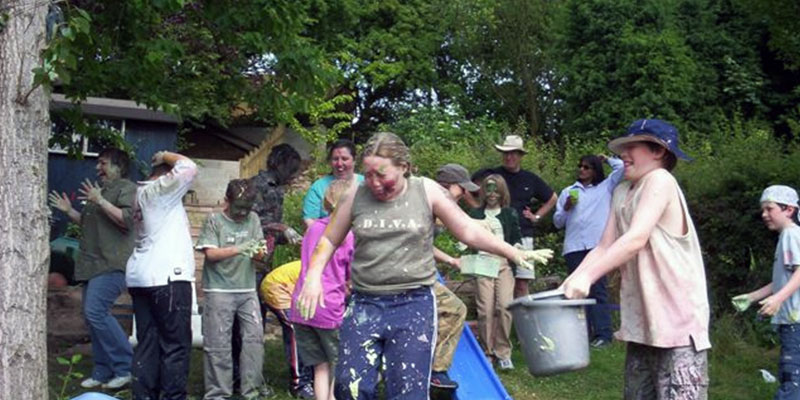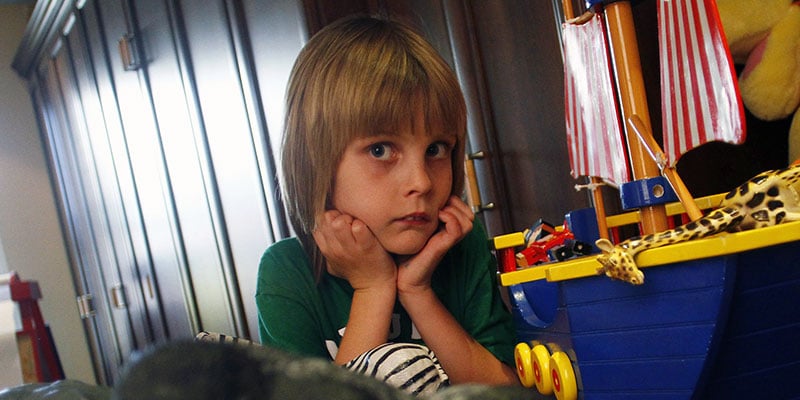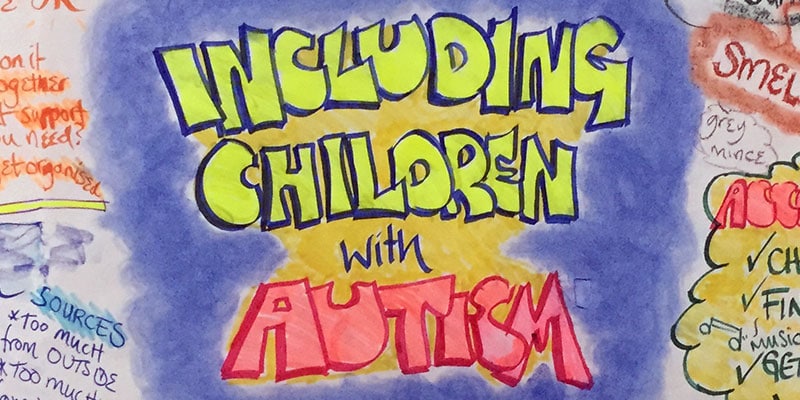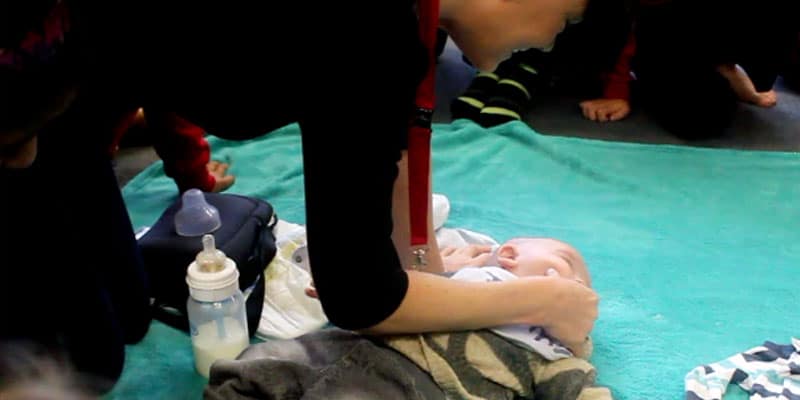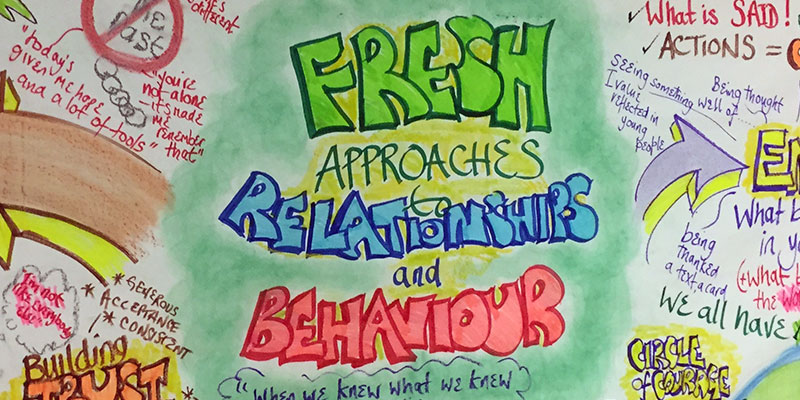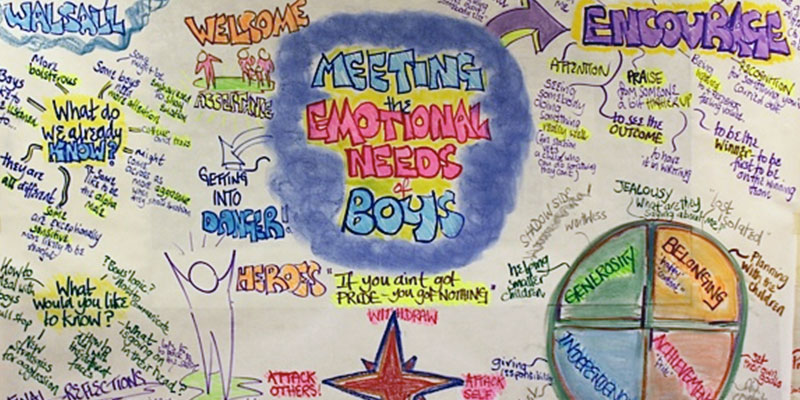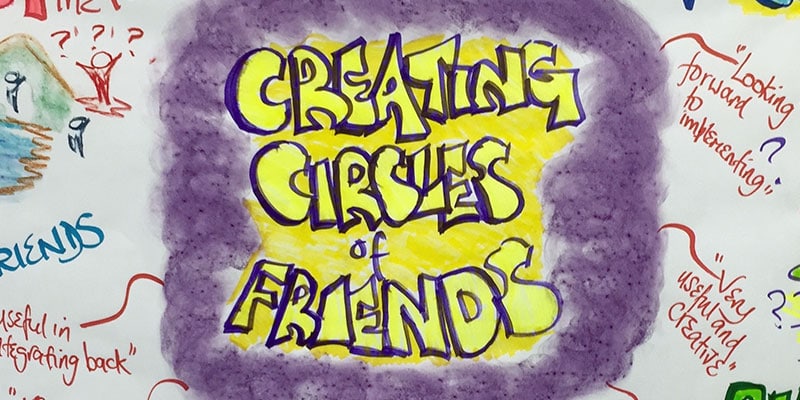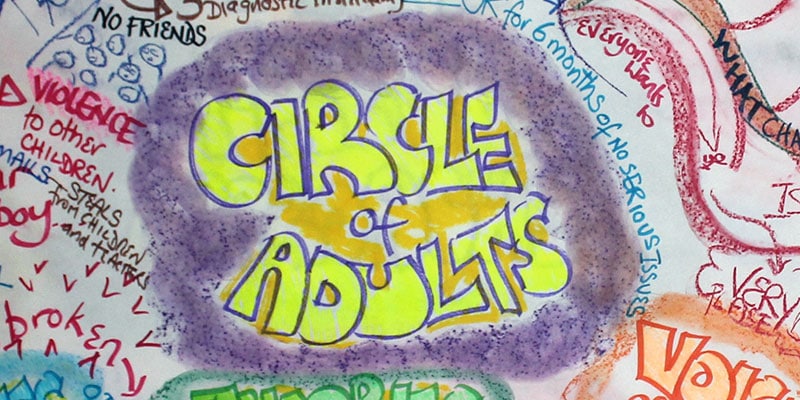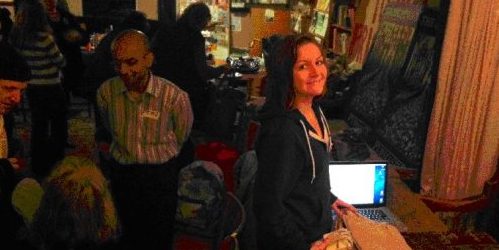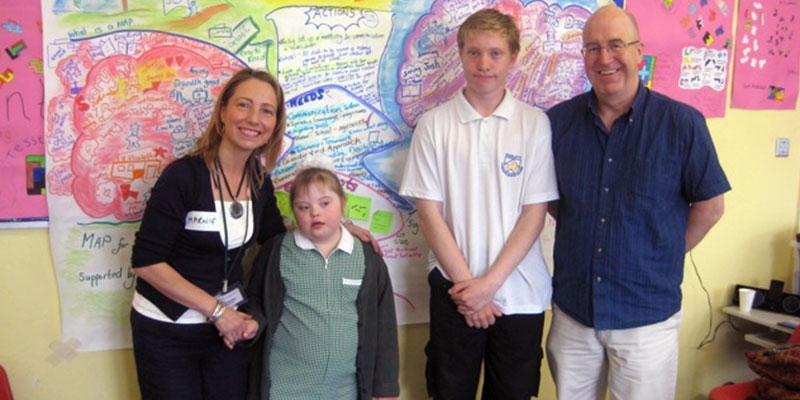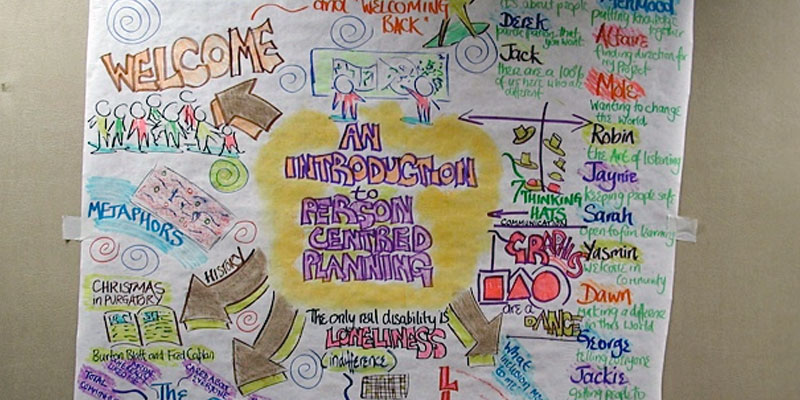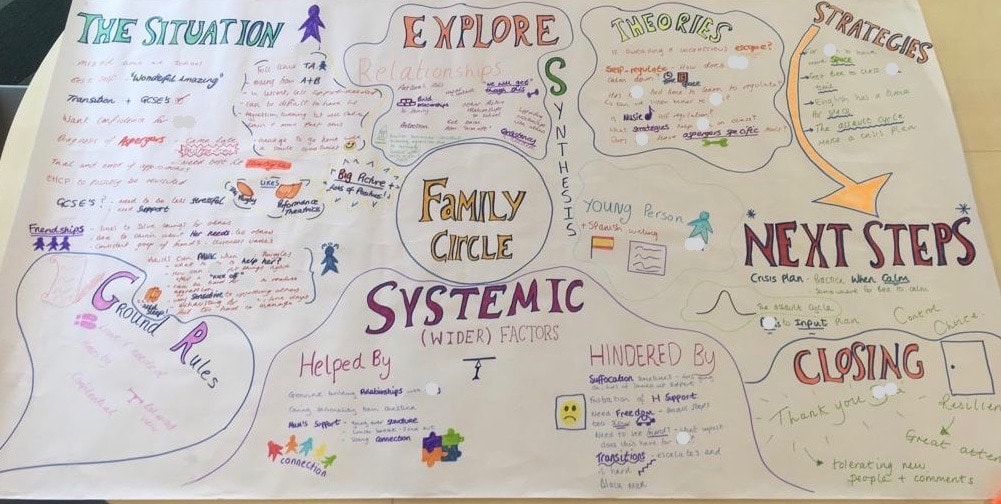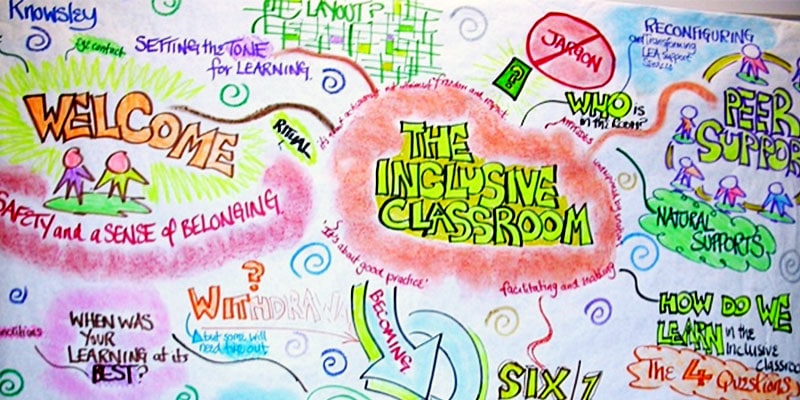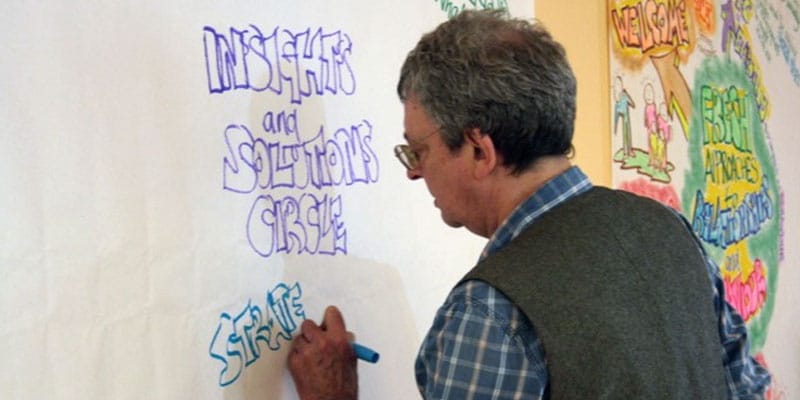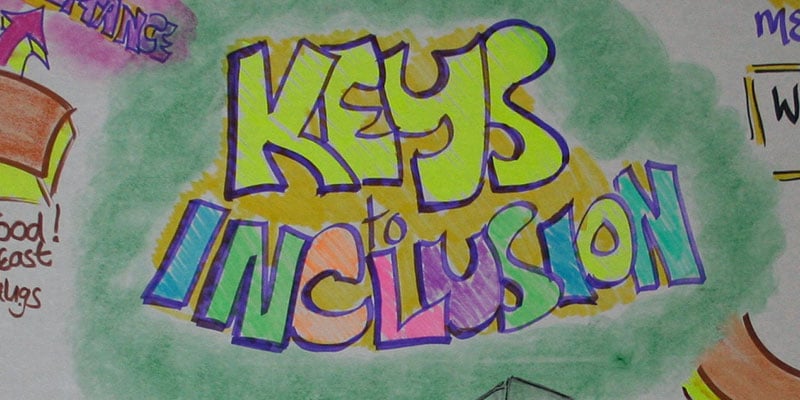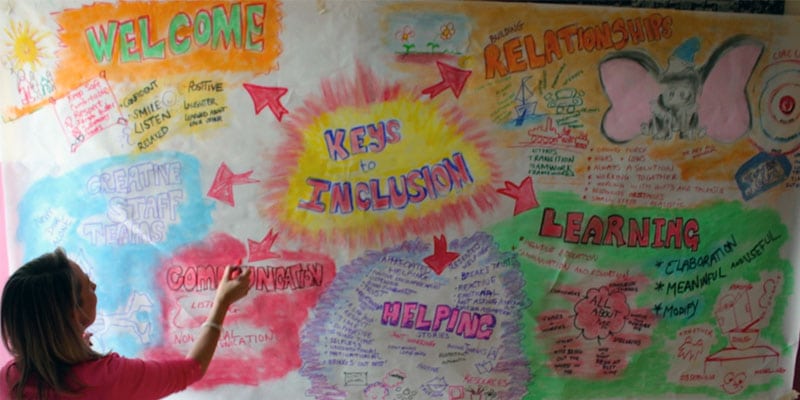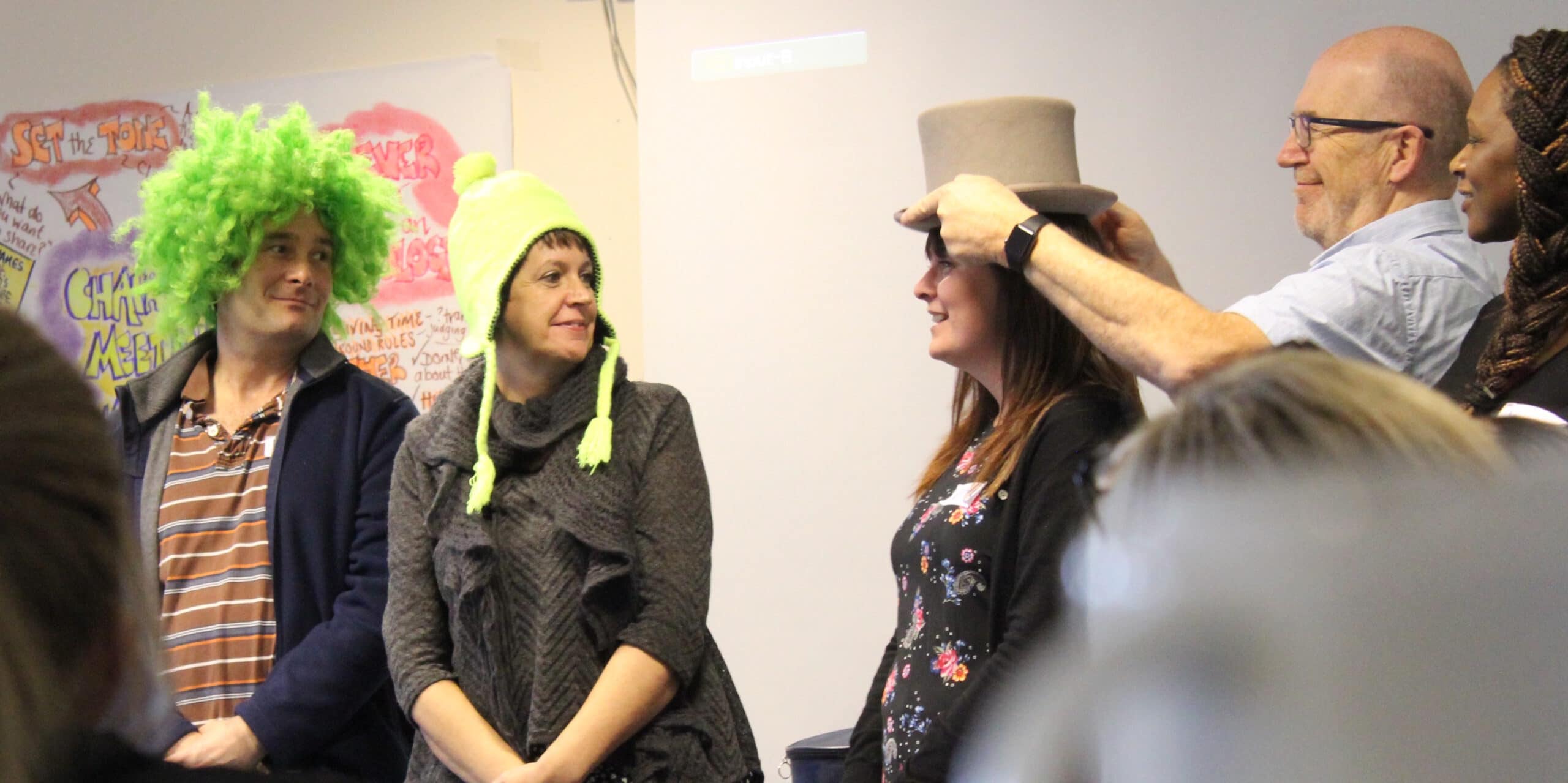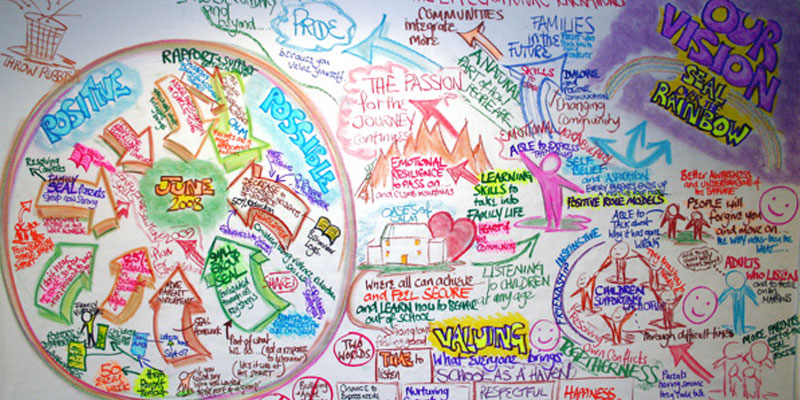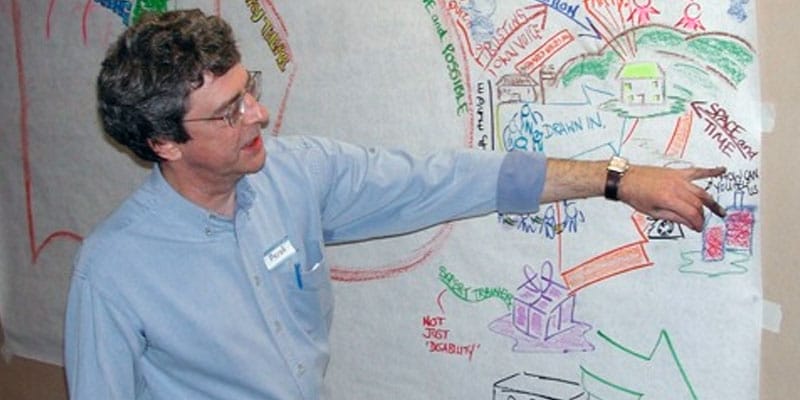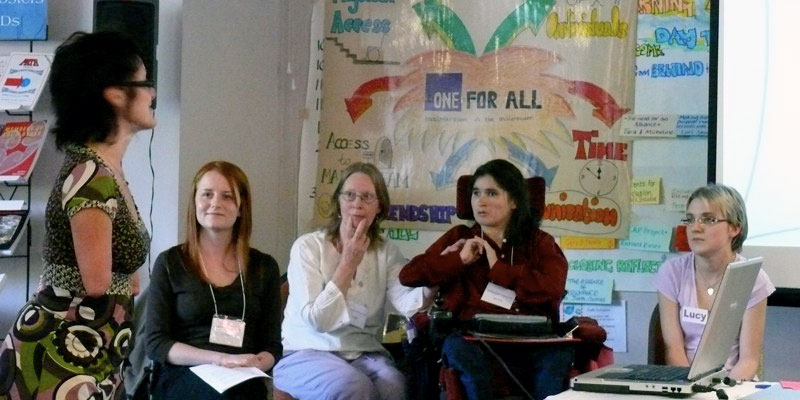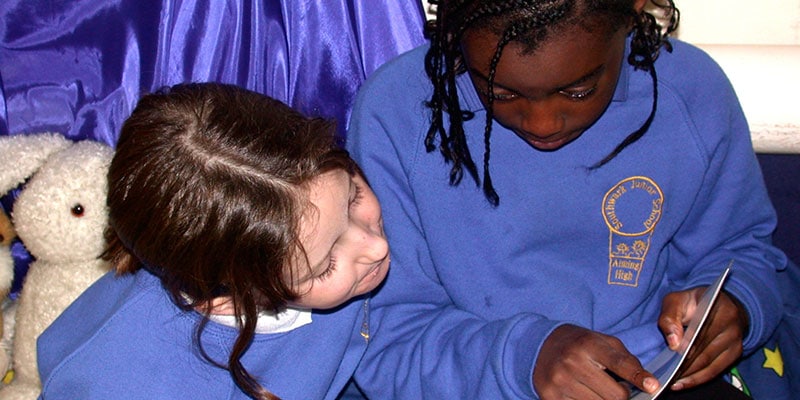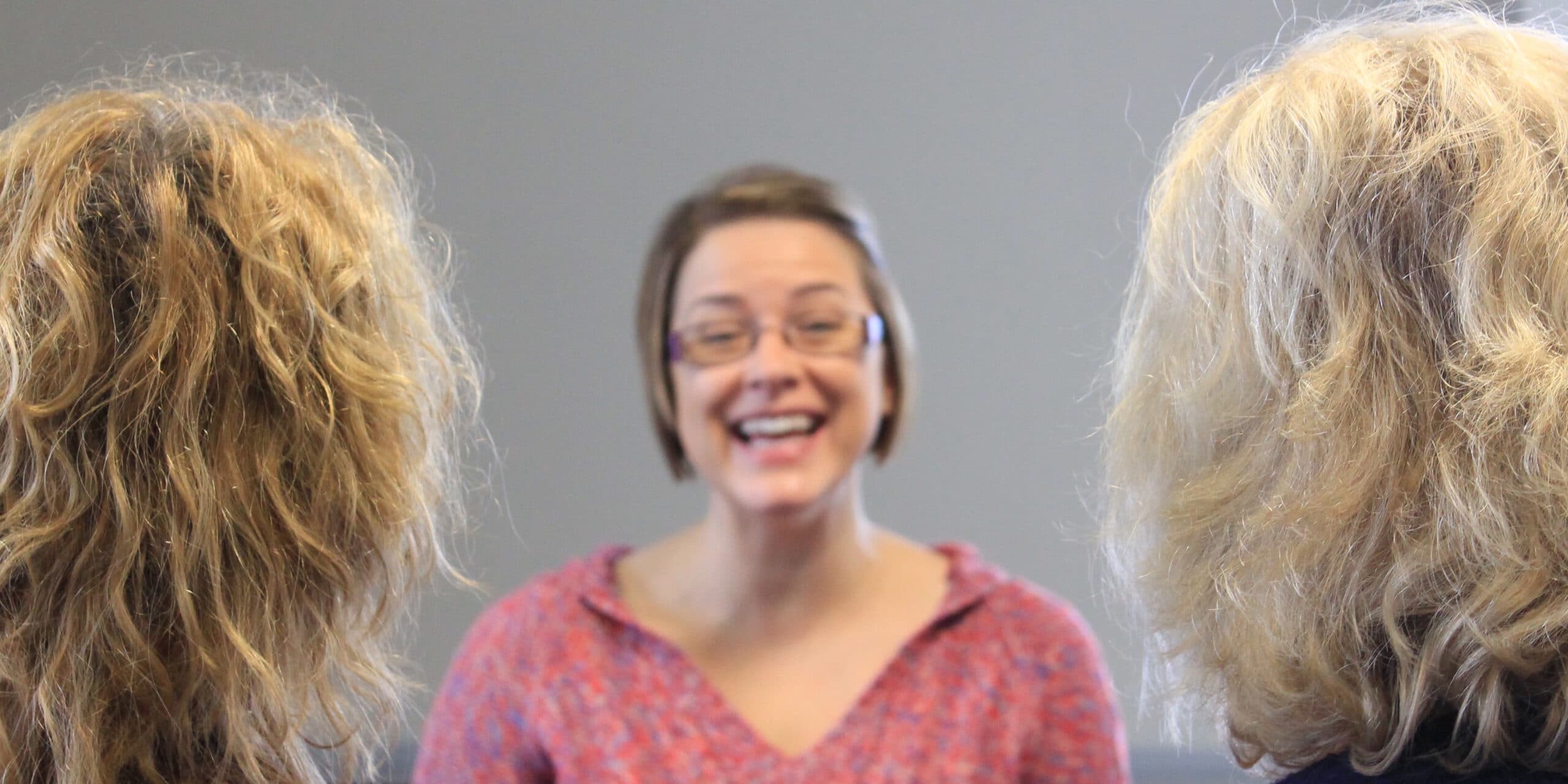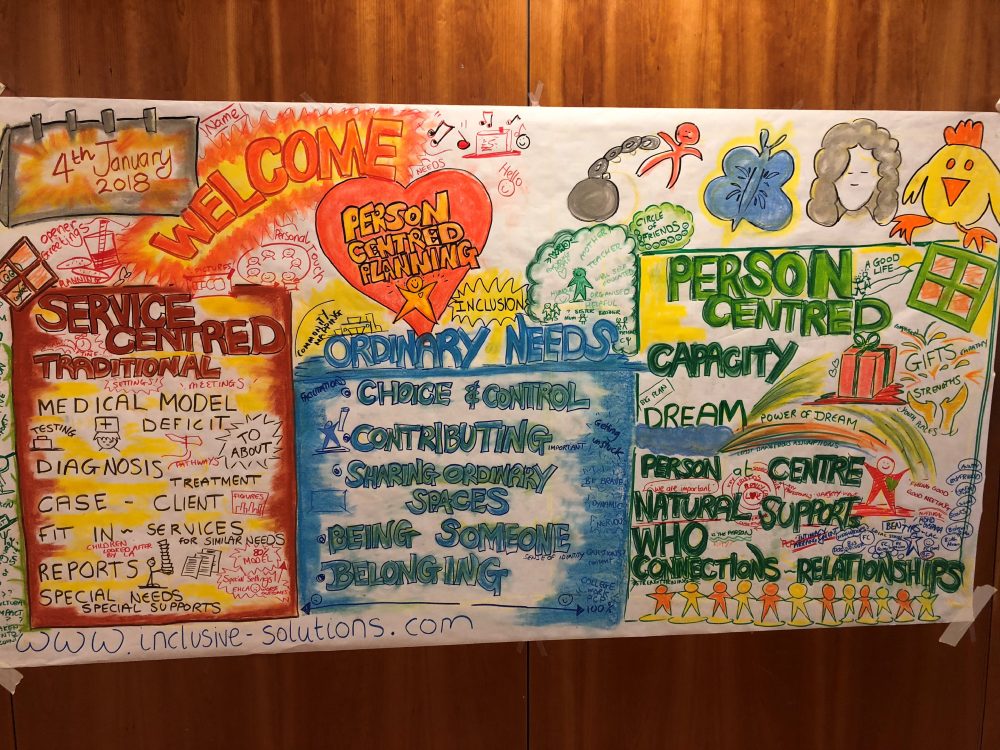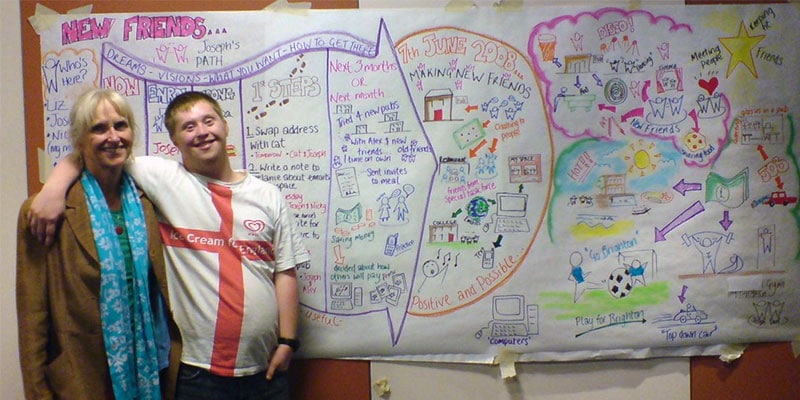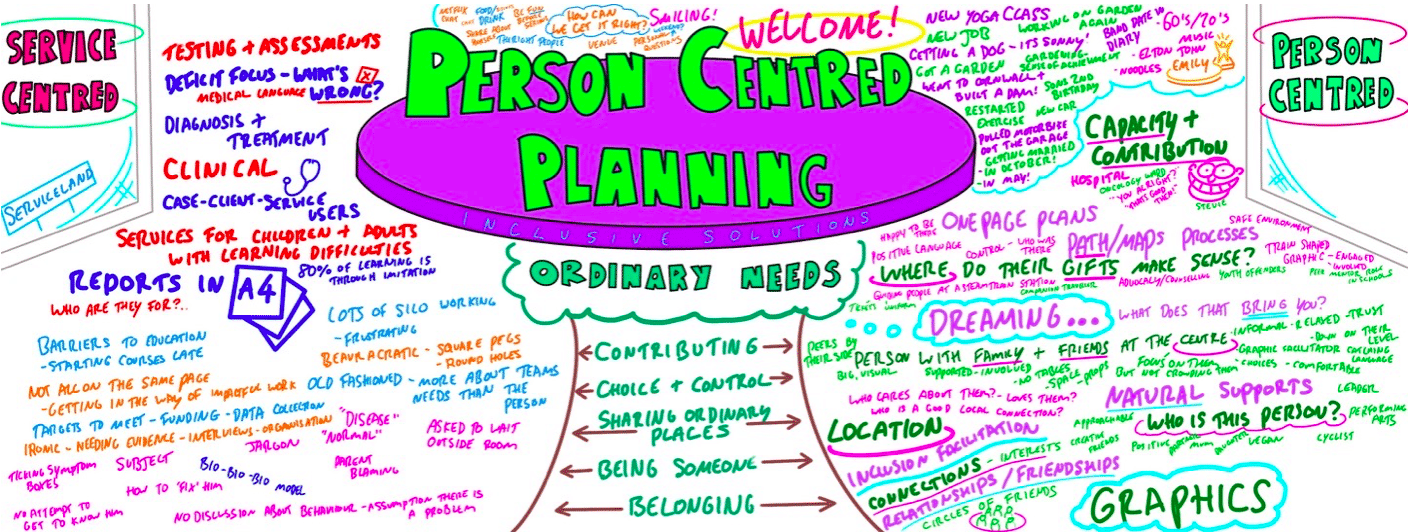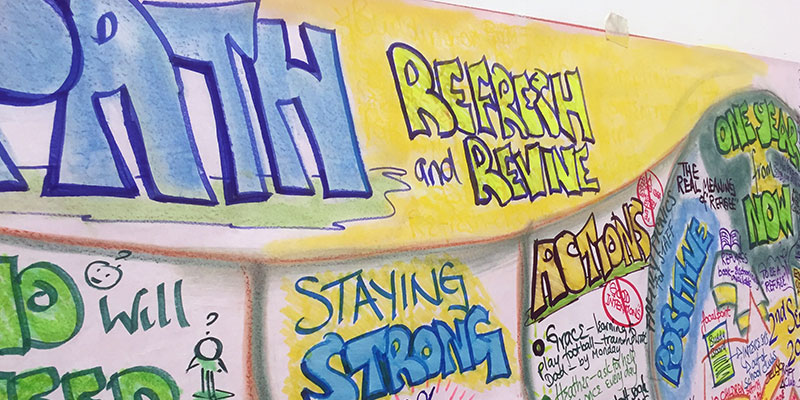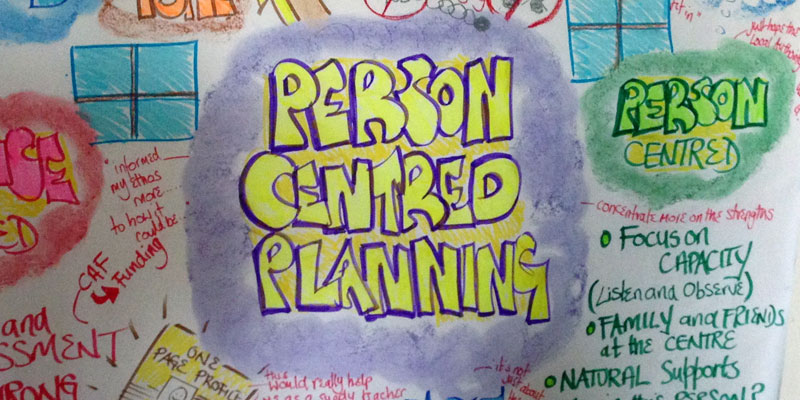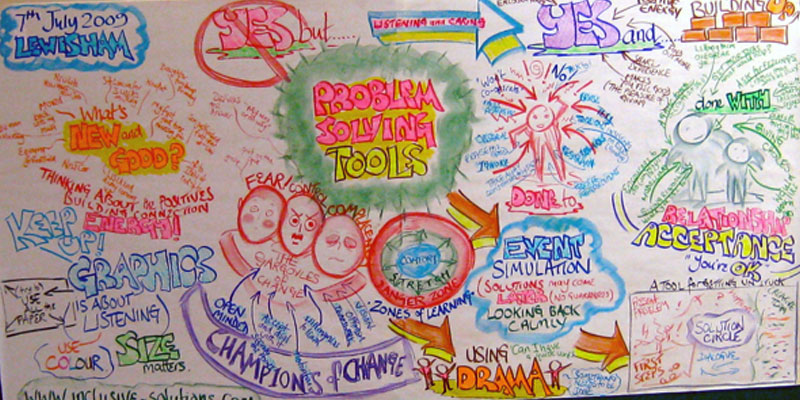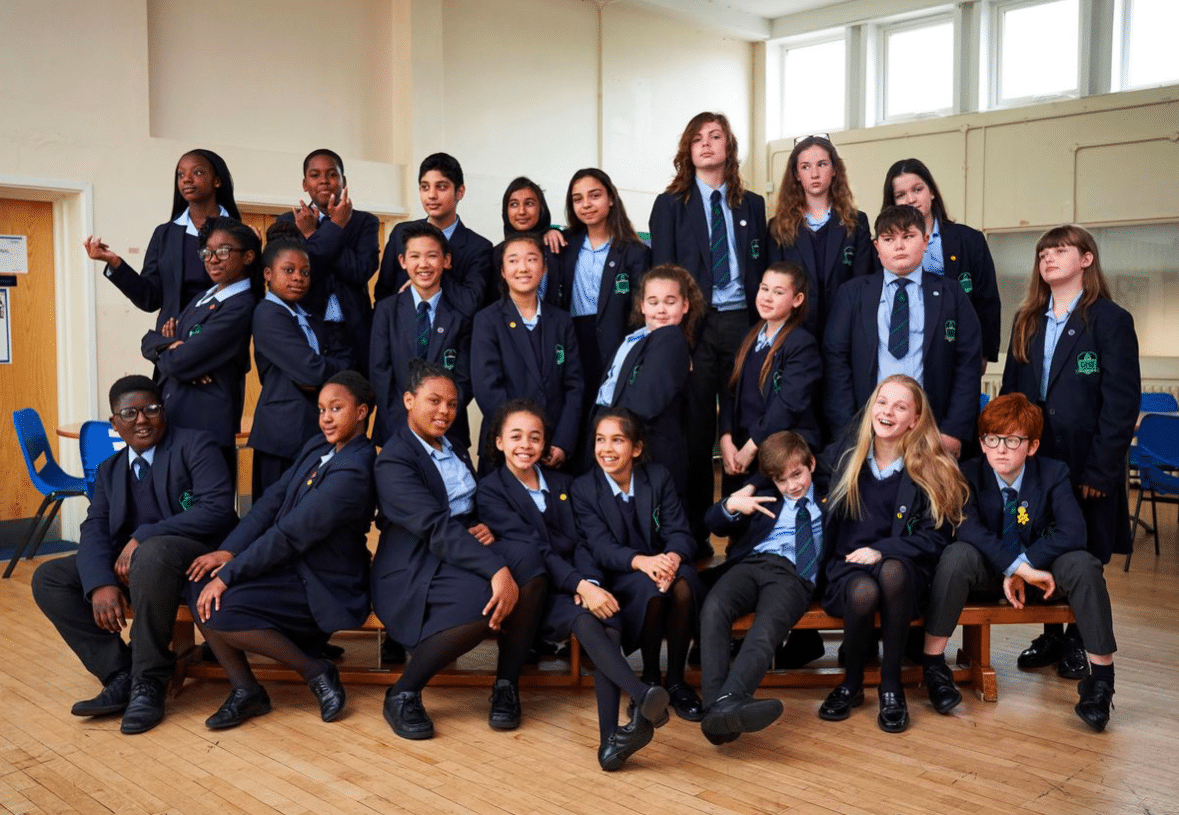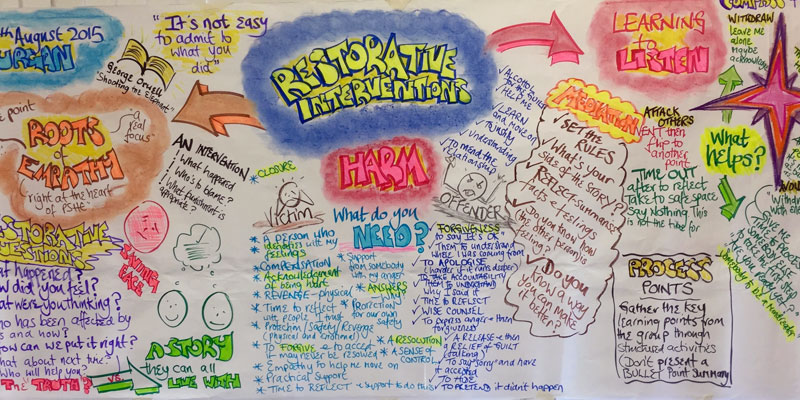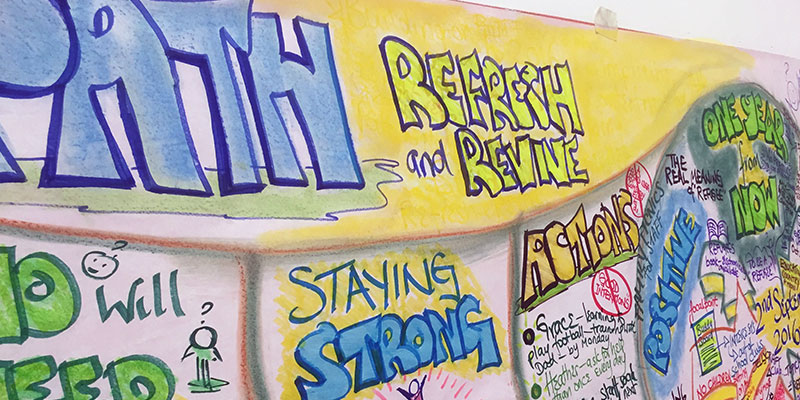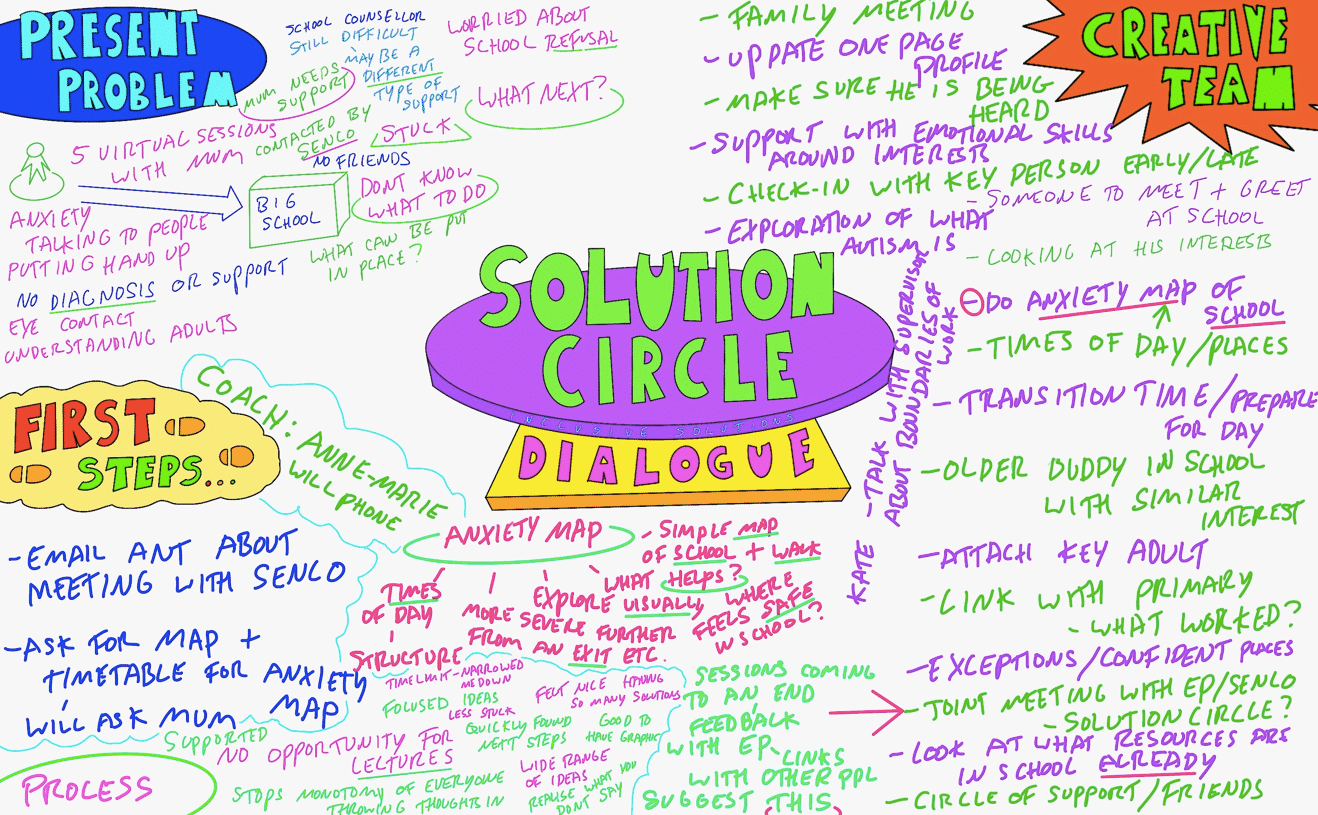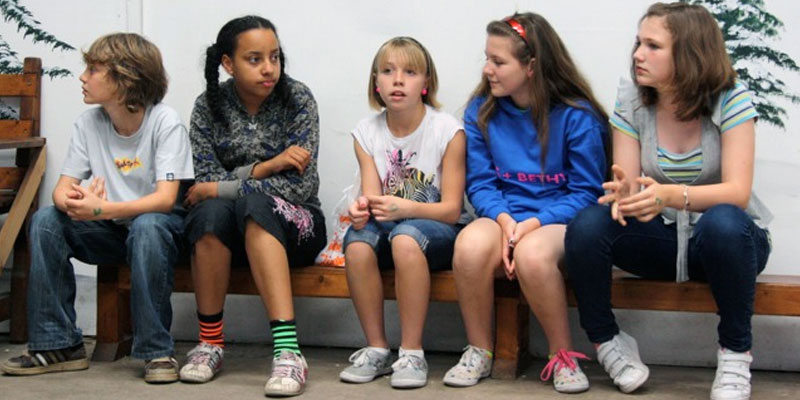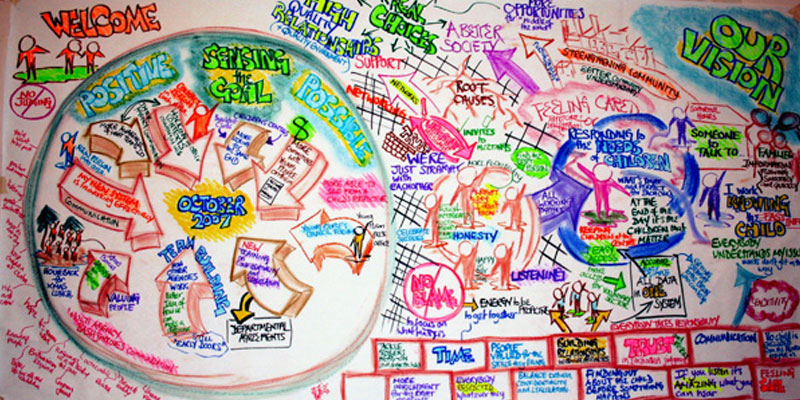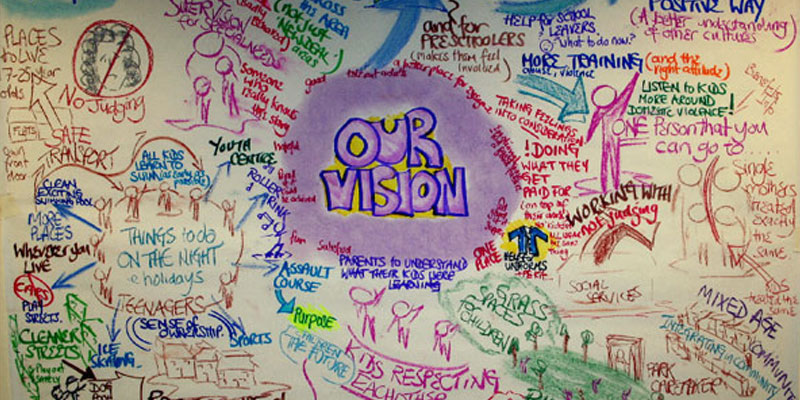Full Training List
ADHD – Improving Understanding and Inclusion
Never before have so many children been labelled with ADHD – not just labelled but also given powerful amphetamines as a ‘treatment’. ADHD is described as impacting on school-aged children and resulting in restlessness, impulsive actions, and lack of focus impairing their ability to learn properly.
Anxiety – understanding and including children and young people
In this practical workshop session we will explore ways of including young people of all ages who experience anxiety some of whom may well be on the autism spectrum. The session will be values based and practical and will aim to allow the sharing of experiences and good practice as well as promoting innovative approaches to inclusion through the design of best practice.
Attachment Difficulties: Including Children
This is a practical ‘non medical’ day for front line practitioners working with children and young people with serious attachment issues arising from loss, trauma and abuse. We look at what Psychology may help us in our understanding of children who have faced issues with love and attachment. Splitting, handling projected feelings, constancy and permanence are explored.
Autism – Understanding and Including People of all Ages
In this practical workshop session we will explore ways of including people who have been labelled as being on the autism spectrum. The session will be values based and practical and will aim to allow the sharing of experiences and good practice as well promoting innovative approaches to inclusion through the design of best practice.
Autism: How to Include Children in Mainstream Settings
In this practical workshop session we will explore ways of including pupils who have been labelled as being on the autism spectrum. The session will be values based and practical and will aim to allow the sharing of experiences and good practice as well promoting innovative approaches to inclusion through the design of best practice.
Baby Project – Working with Babies to Increase Empathy
This radical way of building empathy is inspired by the work of the ‘Roots of Empathy’ organisation in Canada. Roots of Empathy (ROE) is dedicated to building caring and peaceful societies through the development of empathy in children. It is a parenting education programme for elementary school students (between the ages of 3 to 14 years) based on monthly visits to the classroom by a parent and infant from the school neighbourhood.
Behaviour: Fresh Approaches to Behaviour and Relationships
This is our lead workshop/training day on behaviour and relationship work in Primary and Secondary schools and Academies, as well as Early Years, FE and adult settings and is both a values primer and a practical guide to successful innovative strategies for improving behaviour and strengthening relationships for challenging children and people of all ages.
Boys’ Emotional Needs
This workshop gives an opportunity to focus on the emotional needs of boys and how to meet these. We lift the lid on an emerging urgent inclusion issue,namely meeting the emotional needs of boys. Everyone knows a boy. They may be pupil, son, brother, parent or partner. Boys when they become adults are over represented in the prison, and mental health system.
Building Resilience in staff teams
New Covid 19 inspired course to deepen participants understanding of stress, trauma and anxiety. We will work with them to strengthen them and build resilience. This work is particularly relevant to school and other teams returning to school post Covid-19 lock down experiences or similar. The training can be delivered virtually on Teams or Zoom or face to face safely.
Chairing Meetings
This training is aimed at developing the skills and knowledge of anyone who has to chair meetings.
Circle of Friends Training
Circle of Friends is an approach to enhancing the inclusion, in a mainstream setting, of any child or young person who is experiencing difficulties in school because of disability, personal crisis or because of their challenging behaviour towards others. The ‘circle of friends’ approach works by mobilising the young person’s peers to provide support and engage in problem solving with the person in difficulty.
Communications Skills for Leaders
Whatever your position in the team, good communications skills are vital. They are at the centre of every work place interaction and can make a real difference to your work environment. Here’s a worthwhile day to increase your skills in this area. These skills will not only help your personal growth but they will increase job satisfaction and in turn relationships with adults and children.
Community Circles
In this course we explore how we have attempted to build inclusive circles of support around individuals and contrast this with a radical approach to hospitality and community building – the Community Circle. The purpose of community circles is to bring people from a local community together to share their skills, talents, gifts and resources. This idea is based upon the premise that ALL of us need three things in our lives to make us happy and fulfilled: these are money, friendship and meaning. We believe that everyone needs community, everyone needs to be heard and everyone needs to have fun.
Educational Psychologists and Person Centred Planning
There is growing interest nationally from Educational Psychology Services in the use of person centred tools to support complex planning and transition work. We have recently worked with Psychology teams (and other Children’s Services support staff) in the London Borough of Brent, North East Lincolnshire, Warwickshire and in East Lothian providing an introductory day on person centred planning approaches as described below.
Emotional Wellbeing
This workshop gives an opportunity to focus on the emotional needs of children and young people and how to meet these. We lift the lid on an emerging urgent inclusion issue, meeting the emotional well being of all children. In one year 1300 young men committed suicide in the UK. In the UK the commonest cause of death among those aged 16-35 is suicide.
Facilitation Skills: Person Centred Planning
Person Centred Planning: the act of listening to each other creates relationship and strengthening trust and inclusion within the team. If well facilitated In creating a shared vision, groups of people build a sense of commitment together. They develop images of the future they want to create together, along with the values that will be important in getting there and the goals they want to see achieved along the way.
Family Circles
Click to read more about this training, in which we demonstrate a live problem solving approach which is based on the active participation of family members.
Family Mapping – using MAP person centred planning process
To facilitate a family, in thinking together around a given challenge or issue, or to plan their future together in a respectful way – here is an opportunity to experience for real the person centred, futures planning tool – MAP (Pearpoint, Forest et. al. 1989).
Girls’ Emotional Needs
This workshop gives an opportunity to focus on the emotional needs of girls and how to meet these. We lift the lid on a less well explored inclusion issue, meeting the emotional needs of girls. Everyone knows a girl or woman. They may be pupil, daughter, sister, parent or partner.
Graphic Facilitation – an Introduction
This day will introduce you to the basic techniques and skills involved in doing graphic facilitation. Learn how to use a BIG piece of paper and a handful of pens to create a memorable summary of your training day,team meeting or your work with young people and families. Learn how to harvest the essence of an event in a visual representation.
Inclusion Facilitation
Inclusion Facilitation (IF) is an approach to enhancing the inclusion, in a mainstream community of any child or young person who is experiencing difficulties in the world because of disability, personal crisis or because of their challenging behaviour towards others. Inclusion Facilitation is designed to create a better life for an individual by the provision of an intense input designed to being about social change. This usually entails a series of visits focused on getting the person out and about to increase confidence, social skills and presence in their local community and to pursue goals and dreams.
Inclusion Policies
This day is relevant to anyone involved in the task of developing an Inclusion Policy. How to create a real policy built around shared vision with true community commitment. Participate in this very practical workshop to take your first very real steps forward. The day gives those present opportunities to reflect on their attitudes and practice in relation to the inclusion of pupils who are different and the policy and practice which currently exist.
Inclusive Classrooms
This is our latest lead workshop/training day and is an extremely innovative, participative and practical guide to successfully creating a truly inclusive classroom in mainstream school settings for children and young people of all ages. This engaging day will equip participants with ways of thinking and planning for the inclusion of all pupils within the curriculum.
Insights and Solutions Circle
This can be introduced in one day but is better offered over a series of twilight or half day workshops with individualised coaching. We will provide background context for this approach and will directly model the process with real live issues facing participants. So bring your most challenging concerns to this training.
Keys to Inclusion
How can we interrupt the isolation of disabled, challenging and other ‘different’ children and adults? This is our lead workshop/training day and is both a values primer and a practical guide to successful strategies for developing inclusive practice in educational and non educational settings for children and young people of all ages. This is practical plus being a ‘hearts and minds’ day.
Keys to Inclusion: the Next Set
So you appreciated a Keys to Inclusion day? Wondering what next? The Next Set follows on from our lead workshop/training day and is both values driven and a practical guide to successful strategies for further developing inclusive practice in educational settings for children and young people of all ages.
Leadership for Inclusion
In this lively interactive workshop we will explore the challenges faced by leaders of schools when tackling inclusion issues. We develop the concept of the leader as being central to the web of an organisation and the web of inclusion. Information flows freely to and from the leaders and interconnections are a premium. We explore shared leadership and consensus building using the Native American ‘Medicine Wheel’ to guide and structure our management of change.
MAP – Making an Action Plan with Person Centred Processes
To facilitate a group, family, team or organisation in thinking together around a given challenge or issue here is an opportunity to experience for real the person centred, futures planning tool – MAP (Pearpoint, Forest et. al. 1989). This is a process not a training day. Let us facilitate your planning and refocus your story whilst strengthening you and your group.
Mental Health – Meeting emotional needs in Schools
This training gives an opportunity to focus on how to embed effective approaches to meeting emotional needs in schools. We explore a range of ways into meeting emotional needs of pupils across a school. We focus on including pupils with extreme emotional needs.
Mental Health – Understanding and Meeting Needs
In this course we explore Mental Health and address how such needs can be met in mainstream classrooms.
Movement Differences
In this workshop we explore how to understand movement differences of those with ADHD/Autism, Tourettes or Cerebral Palsy in a non-medical way. Online course coming soon
NQT Training – Behaviour Management and Relationship Building
In line with OFSTED expectations make sure NQTs are up to speed on effective behaviour management and relationship building in the classroom.
One Page Plans
Learn how to create easy to read accessible person centred profiles for children of all ages and young adults.
Parent Solutions Circle
In this course we explore how we have attempted to build inclusive circles of support around individuals and contrast this with a radical approach to problem solving with parents – the Parent Solutions Circle. Parent Solutions is a brand new approach to problem solving with parents based on our live group work in schools. A focus on challenging behaviour brings interest, energy and commitment.
PATH – Person Centred Planning in Action
Learn how to facilitate a family, a work team or an organisation to think together around their preferred future or about particular challenge or issue. Education, Health and Care Planning in a truly Person Centred way. Here is an opportunity to experience first hand the person centred, futures planning tool – PATH (Pearpoint, Forest et. al. 1989). This will be an event with lots of hands-on participation.
Peer Mediation
Peer mediation is an approach to impacting on conflict resolution and bullying in primary and secondary schools by training pupils to be mediators or ‘counsellors’. This well proven, highly effective method of impacting on school based bullying is still viewed by some as radical. In this workshop participants are introduced to the key components of successful schemes. Our trainers have first hand experience of setting up school based schemes and sustaining these over time.
Peer Mediation Training Guide
Peer Support as an Anti-Bullying Strategy at Local Authority Level
Peer Support as an anti-bullying strategy for schools is now routinely recommended by the DCSF and Ofsted. Many schools in the UK have individual schemes which show good practice within their own setting. However, it is rare to find co-ordination of multiple schemes within a Local Authority , or part of a Local Authority, or even within families or clusters of schools.
Person Centred Approaches in Schools
Following new participatory expectations of the DfE and the SEN Code of Practice 2014 this course will provide participants with an introduction to person centred planning and approaches, including examples of best practice in using person centred approaches in schools. This work is directly relevant to EHCP development and Annual Reviews. The course will explore the underlying values of person centred approaches, provide an introduction to the person centred planning tools and link this to national policy and guidance.
Person Centred Planning – for Local Authority, School or Multi Academy Trust Teams
This training is aimed at developing Person Centred Planning – for Local Authority, School or Multi Academy Trust professional teams.
Parents and carers can also participate in this training.
Person Centred Planning and Support Services for Young People with Complex Needs
All person centred planning tools and processes are driven by a commitment to achieve inclusive outcomes for the person whose plan it is, and the young people involved are always present throughout their planning session. The focus of all person centred approaches is the whole person irrespective of the label they carry. Two people, a process facilitator and a graphic facilitator, typically facilitate plans.
Person Centred Planning for Looked After Children
All person centred planning tools and processes are driven by a commitment to achieve inclusive outcomes for the person whose plan it is, and the young people involved are always present throughout their planning session. The focus of all person centred approaches is the whole person irrespective of the label they carry. Two people, a process facilitator and a graphic facilitator, typically facilitate plans.
Person Centred Planning Training
Person Centred Planning (PCP) is a powerful tool for visioning, future planning and team building. It gets everyone on the same page and creates a progressive, constructive atmosphere so it is especially useful for people who are feeling ‘stuck’ or in a really desperate situation. The PCP processes we teach are called “PATH” and “MAPs”, and are both used for different situations.
Person Centred planning using PATH and MAPs
Give your team the opportunity to pause and reflect on what matters most to them about the work they do. The act of listening to each other creates relationship and strengthens trust and inclusion within the team – in creating a shared vision, groups of people build a sense of commitment together.
Person Centred Rehabilitation
Person centred rehabilitation is designed to create a better life for an individual by the provision of an intense input designed to being about social change. This usually entails a series of visits focused on getting the person out and about to increase confidence, social skills and presence in their local community and to pursue goals and dreams. Usually, the work is carried out under the close clinical supervision of a practicing psychologist.
Person Centred Reviews
Learn how to carry out a Person Centred Review based on the values of person centred thinking.
Person Centred Thinking – Extreme
The Extreme Person Centred Thinking Tools are a set of tools to support dreams, build relationships and connections and promote capacity thinking. The aim of the extreme person centred thinking tools training is not to teach people how to facilitate plans, instead it is about sharing tools that can be used to listen and reflect and creatively involve people in planning their own lives.
Problem Solving Tools and Techniques
In this practical workshop session we will explore ways of problem solving around complex situations. The session will be practical and will aim to allow the sharing of experiences and good practice as well promoting innovative approaches to problem solving around systemic, organisational as well as individual inclusion issues.
Pupil Participation: Listening to the Powerful Voice of Young People
Local authorities are being encouraged to seek the views of young people in relation to the services they receive. Schools and the whole range of support services (e.g. behaviour support, youth offending teams, social services, CAMHS etc.) are being expected to routinely ask young people for their views. This goes beyond involving young people in plans that concern them e.g care plans, individual education plans, pastoral support plans etc.
Racism – Acknowledging and Understanding
In this course we deepen participants understanding of systemic racism and the spectrum of privilege. It challenges the participants to examine their behaviours and take close looks at some of the views they have held since a very young age, e.g. this area is a “bad” area, because it has a high proportion of black/brown people living in it, or that young black men in tracksuits are “thugs”. We think about where these messages come from and how people are indoctrinated by the media.
Racism – How to Identify it and Intervene Respectfully
This course is an exploration of our understanding of structural racism in the UK and provides a good foundation for anyone wanting to be a responsible ally. Are you working with young people, but struggling with conversations about race? Are you worried that you have been getting it wrong when it comes to race? Do you have questions about race that you are afraid to ask? This course is for you.
Restorative Justice
A “Restorative Solution” is a non-adversarial approach to conflict resolution where the person who has done something wrong in a given situation becomes accountable to those s/he has harmed. This person is then given the opportunity to “make up” for their inappropriate behaviour through agreement and reparation. An intervention can involve a formal conference, or it can be a simple conversation on a corridor or playground.
School Improvement Planning
Give your team the opportunity to pause and reflect on what matters most to them about the work they do. The act of listening to each other creates relationship and strengthens trust and inclusion within the team – in creating a shared vision, groups of people build a sense of commitment together. Using the PATH or MAP processes of group facilitation and the creating of a large wall sized graphic we will provide a School Improvement Plan to be proud of!
Solution Circles
A Solution Circle is a 30 minute creative Problem Solving Process for getting unstuck…Ideal for busy people! lt was designed by Marsha Forest & Jack Pearpoint. This is a short and powerful tool. It is effective in getting “unstuck” from a problem in life or work. Solution Circles are tools of “community capacity”. It assumes and demonstrates that nearby people – in any community or work place have the capacity to help – if asked. It requires a person to ASK – not an easy thing in our culture of privacy and “do it alone”. This tool puts all the values we espouse into practice and demonstrates that TOGETHER WE’RE BETTER.
Support and Supervision for Leaders
Many leaders and managers working on the front line of inclusion lack emotional support from Local Authority staff or anyone else despite the challenging nature of their work. There is a massive need for active listening, containment and opportunities to problem solve and reflect confidentially with someone trusted.
Teams: Building Creative Teams
In this practical and engaging workshop there is input on team building, problem solving as a team, improving communication and handling conflict. This is participatory day of paper, pens, graphics, music and activity. There are no PowerPoint slides or even a projector and screen!
Training the Trainers
Come backstage! – This day will explore the processes underlying our inclusive training. We are often asked how we do what we do on our training days and in response we have put together this new training day. If you are looking to reinvigorate your approach to training this is the day for you.
Transition Strategies
One of the most frequent telephone queries we receive at Inclusive Solutions is from parents whose disabled son or daughter is about to make the transition from Primary to Secondary School. Typically there is a tale to be told of LA planning procedures that are too little and too late, and a severe lack of confidence from all parties that the transition will be successful. Little wonder that transfers from mainstream to special schools continue to peak at Year 7!
Trauma – Understanding Better to Include Better
This is a practical ‘non-medical’ day for front line practitioners working with children and young people who have experienced serious trauma in their life. We work to strengthen understanding of children who have faced issues of trauma emerging from abuse, violence, loss and family breakdown.
Unconscious Bias towards Racism
Unconscious biases are social stereotypes about certain groups of people that individuals form outside their own conscious awareness.
Visioning and Problem Solving: Live!
Let us join you to explore your vision and the ‘roadblocks’ to your vision. Creating the vision is the heart of the session and depending on your needs we can add some or all of the following activities to strengthen the vision and clarify what actions the team will take in moving towards it.
Welcome Teams
This is a workshop focused on getting the welcome right for children who are starting for the first time at a new school when we know the welcome will be difficult. Perhaps they have been excluded from elsewhere, they are new to this culture, they have complex needs or they are just very different or highly anxious?
Working with Parents and Carers
In this practical and engaging workshop there is input on building an effective team around a child, problem solving as a team, improving communication and handling conflict. Communication with parents, problem solving and collaborating is explored. Empathy with parents who are ‘labelled’ is encouraged.

